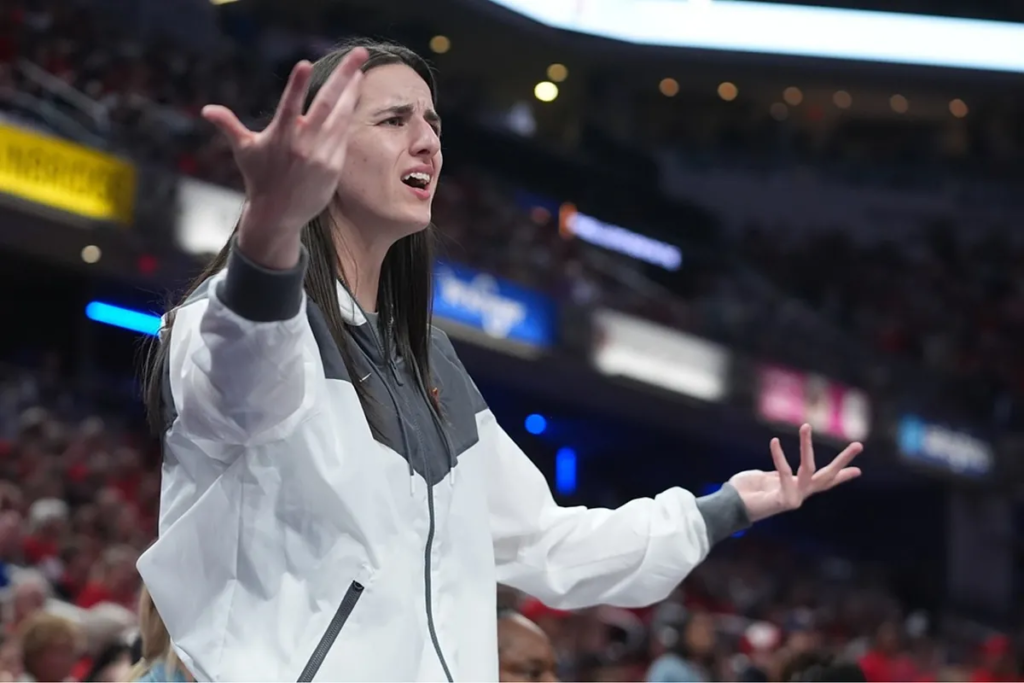The WNBA’s ongoing collective bargaining negotiations have reached a tense and uncertain phase, with both sides running out of time to strike a deal before the October 31 deadline.
Concerns of a potential lockout have grown louder, fueled by public disputes, new allegations, and a widening trust gap between players and league officials, with Indiana Fever star Caitlin Clark very much the focus.
“I’m not convinced we’re going to get there by October 31st, which means there could be a lockout on the horizon,” said WNBA reporter Megan L. Hall in her recent coverage of the situation.
Hall’s warning captures a mood that has increasingly defined this offseason, one of anxiety and skepticism.
Despite record-breaking attention, higher ratings, and a significant boost in league visibility driven by emerging stars like Clark, the optimism surrounding the sport’s growth has been overshadowed by labor tension.
Players grow restless as negotiations stall
As the league finalizes a lucrative new media rights deal and prepares for two expansion franchises in 2026, players believe now is the time to secure a contract that reflects their role in driving the WNBA’s recent surge.
But that push has collided with internal turmoil and a strained relationship between the players and Commissioner Cathy Engelbert.
‘We Need To Talk’ cohosts Alicia Jay and Terrika Foster-Brasby addressed the dispute during a recent discussion, questioning whether negotiations can succeed without mutual respect between the two sides.
“I do believe that the CBA will get done before the season starts,” Foster-Brasby said. “I think 2026 is going to start on time. I’m not one who thinks that, you know, this is going to ruin the next year.
“These women are not idiots, right? And these business people are just that. They’re business people.
“They completely know and understand that… this money. They’re not trying to lose their money and the players have the leverage.”
That leverage comes from timing and visibility. The WNBA’s audience has never been larger, and sponsors have begun investing at record levels.
But tensions have escalated as players continue to voice frustration over working conditions, pay structure, and what they view as a lack of transparency from league executives.
Read the full article here

